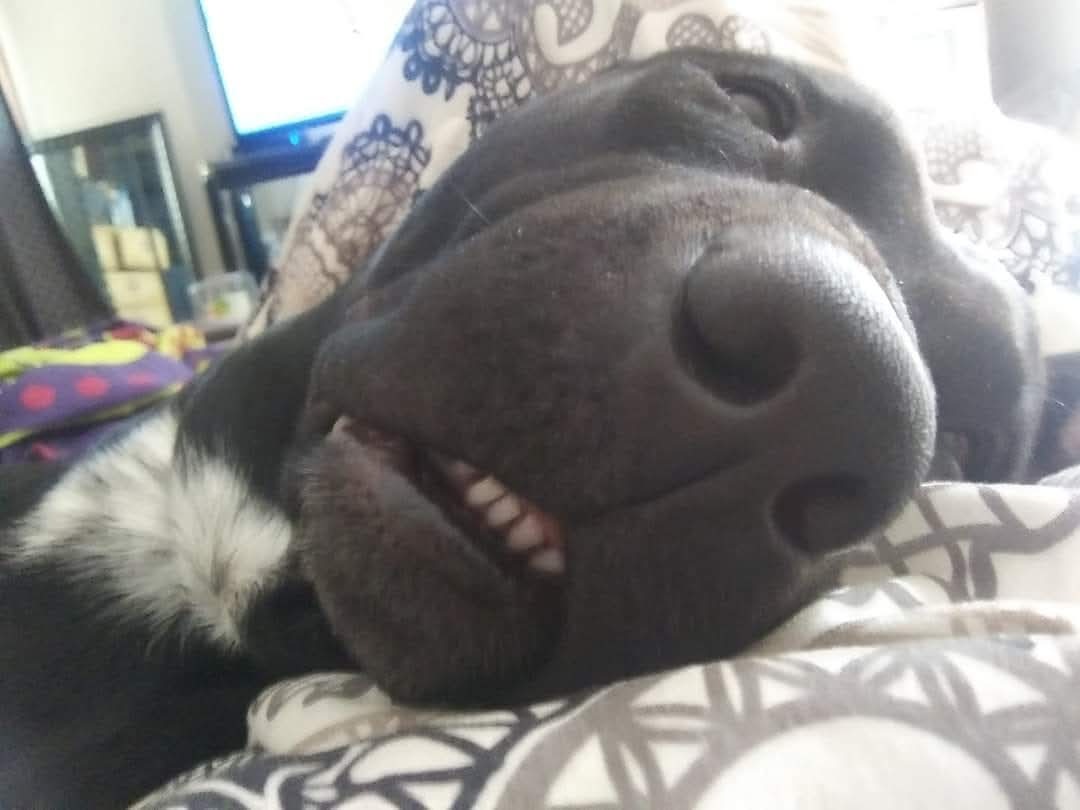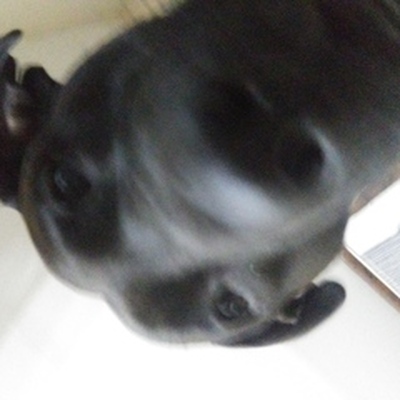
Has your dog ever given you a love nip that felt more like a warning? Or maybe they just demolished a brand new t...
My dog chompers
10 minutes, 3 seconds
-3 Views 0 Comments 0 Likes 0 Reviews

My Dog Chompers: A Full Guide to Happy, Healthy Canine Teeth
Has your dog ever given you a love nip that felt more like a warning? Or maybe they just demolished a brand new toy in minutes. We often call their powerful teeth "chompers" with a mix of affection and slight fear. Those sharp canine teeth are vital for your dog. But they also come with responsibilities for you.
This article will help you understand your dog's teeth. We’ll cover everything from dental health basics to managing those chewing habits. You'll also learn how to handle nipping. Get ready to help your dog keep their chompers healthy and happy.
Understanding Canine Dental Anatomy and Health
The Purpose of "Chompers"
Your dog's teeth are not just for showing off. They are special tools built over time. These tools help them tear apart food and grab things. They even use them to explore the world around them.
Dogs have different kinds of teeth, each with a job. The small front teeth, incisors, help them pick up tiny items. The long, pointy canines are for holding and tearing. Behind those are premolars and molars. These work like scissors and grinders to chew food.
Common Dental Issues in Dogs
Many dogs face dental problems, just like people do. Periodontal disease is the biggest one. This is a gum disease that affects about 80% of dogs by age three. It can lead to pain, lost teeth, and even damage to other organs.
Teeth can also break or wear down. Chewing on hard toys or bones causes fractures. Older dogs might just show natural wear over time. Bad breath, or halitosis, often signals a hidden dental problem. It's a key sign something is wrong.
Signs of Dental Problems
Spotting trouble early can save your dog discomfort. Look closely at their mouth. Red or swollen gums are a warning sign. You might also see yellow-brown tartar buildup on their teeth.
Broken or loose teeth are clear indicators. Watch for changes in how your dog acts. Do they struggle to eat hard food? Are they dropping kibble or pawing at their mouth? These are all signals that their chompers need attention.
Managing Your Dog's Chewing Habits
Why Dogs Chew
Chewing is a totally normal thing for dogs. It's not just a bad habit. For puppies, chewing helps with teething pain. It also lets them learn about their surroundings. Everything goes in their mouth!
Older dogs chew for many reasons. They might be bored or feeling anxious. Chewing can also be a way for them to relieve stress. Sometimes, they just need to give their brains a workout.
Providing Appropriate Chew Toys
Always choose chew toys with care. They should be strong and safe for your dog's size. Check that the materials are non-toxic. A small toy for a big dog is a choking risk. Too hard a toy can break teeth.
Offer a variety of textures to keep them interested. Some dogs like soft rubber. Others prefer tougher nylon bones. Puzzle toys are great too. They make your dog think while they chew.
Redirecting Inappropriate Chewing
Catching destructive chewing early helps a lot. If your dog chews something wrong, swap it for a good toy. Then, praise them highly for chewing the right thing. This teaches them what's okay.
Managing their space also makes a difference. "Puppy-proof" your home by removing tempting items. Keep shoes, remotes, and wires out of reach. This simple step can prevent many problems.
Dental Care Routines for Healthy "Chompers"
The Importance of Brushing
Brushing your dog's teeth is the best way to keep them clean. Aim for daily brushing if you can. At least a few times a week is still very helpful. Use a soft brush made for dogs. Small circular motions work best.
Never use human toothpaste. It can make your dog sick. Dog toothpaste comes in flavors they love, like chicken or peanut butter. Introduce brushing slowly. Make it a fun, short activity.
Dental Diets and Chews
Some dog foods and treats are made for dental health. Look for options approved by vets. These products often have a special texture or coating. They work by scrubbing teeth clean as your dog chews.
Other dental chews have enzymes that fight plaque. Talk to your vet before adding these to your dog's routine. They can tell you what's right for your specific dog. These products are not a cure-all, but they do help.
Professional Dental Cleanings
Sometimes, brushing just isn't enough. Your vet might suggest a professional cleaning. This happens while your dog is under anesthesia. It allows for a deep clean below the gum line. Tartar and plaque are fully removed.
Your vet will check your dog's teeth yearly. They can tell you when a professional cleaning is needed. Expect some blood tests before the procedure. This makes sure your dog is healthy enough for anesthesia.
Understanding and Addressing Nipping and Play Biting
Puppy Nipping vs. Aggression
Puppies often nip and mouth as they play. This is how they learn about the world. It also teaches them bite inhibition. They learn how much pressure is too much. This is a normal part of their growth.
However, watch for warning signs of true aggression. A stiff body, a low growl, or lip curling are serious signals. These are very different from playful puppy nips. Pay close attention to your dog's body language.
Teaching Bite Inhibition
When your puppy bites too hard, make a loud "Ouch!" sound. Then, pull your hand away. Stop playing for a few seconds. This teaches them that hard bites end the fun. Repeat this until they learn to be gentle.
If they keep biting, simply walk away. Ignore them for a minute or two. Coming back only when they are calm helps reinforce gentle play. Always have a chew toy ready. Offer it instead of your hand or clothes.
When to Seek Professional Help
Sometimes, puppy nipping goes too far. It might become a real problem. If your dog bites hard often, or shows actual aggression, get help. This is especially true if the bites draw blood.
Don't wait if you see signs of aggression. A vet or a certified dog behaviorist can help. They can figure out why your dog is biting. Then, they can create a plan to stop the unwanted behavior.
Conclusion
Taking care of your dog's chompers is a big part of being a good owner. We've talked about dental health, managing chewing, and understanding nipping. Each step is key to a happy dog. Strong, healthy teeth mean a happier, more comfortable pet.
You have the power to keep your dog's mouth healthy and behavior on track. Start brushing today if you haven't already. Make sure they have the right toys. Book a dental check-up with your vet soon. Proactive care makes a world of difference for your best friend.
Photos

